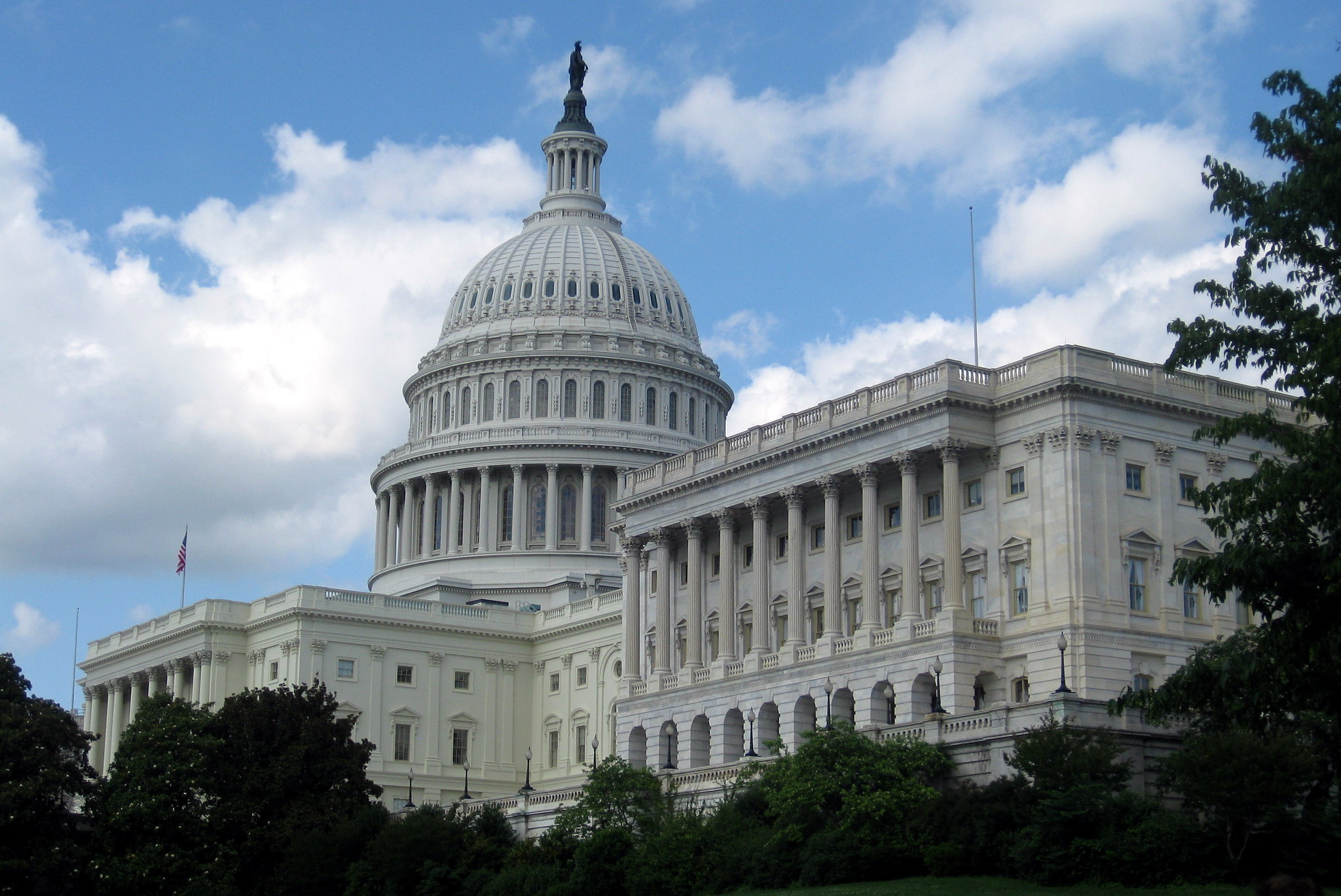House passes 2-year extension of Section 702

If you like this post, sign up to get The Nuance newsletter delivered straight to your inbox every Sunday night!
As readers of this newsletter may recall, Congress last December passed a four-month extension of the foreign intelligence collection authority known as Section 702, which is set to expire on April 19. The law permits the government to collect communications in the U.S. without a warrant if it is targeting a non-U.S. person (a citizen or permanent resident) overseas. It is controversial because, in its current form, Section 702 collection can “incidentally” sweep in communications where Americans are communicating with the target, which can then be searched without a warrant for law enforcement purposes. And 702 data has been searched for information on journalists.
Last week, the House of Representatives reauthorized Section 702 authority for two years by a vote of 273 to 147. Passage followed initial floor consideration on Wednesday, when 19 Republicans joined 209 Democrats in voting against the “rule” that would have governed debate.
Here’s a summary of what exactly happened.
The initial House rule that went down on Wednesday would have authorized debate on H.R. 7888, the Reforming Intelligence and Securing America Act, or RISAA. The bill was presented by House leadership as a compromise between dueling proposals backed by the House Judiciary Committee, which favors strong reforms, and the House Intelligence Committee, which has backed more modest changes. RISAA, which initially would have reauthorized Section 702 as amended for five years, ended up closer in substance to the Intelligence Committee language.
The bill has a number of interesting provisions, including one that could be read to extend Section 702 indefinitely, but the main one worth noting governs when the FBI would need to seek a warrant to query already-collected 702 material. As we explained in more detail in a previous post, the Intelligence Committee proposal and RISAA would require a warrant only when the search is exclusively for evidence of a crime, which represents a vanishingly small number of such queries. Typically, queries can have both a foreign intelligence and criminal purpose.
The rule that was defeated last Wednesday would have permitted a vote on an amendment to strengthen the warrant requirement. That is, it would have prohibited querying in cases where the compelled production of the same information in an ordinary criminal case would require a warrant, with exceptions for, among other things, exigent circumstances.
But the House Rules Committee voted not to permit consideration of another amendment — a priority of 702 reformers — that would block the government from circumventing constitutional or legal limits on acquisition by purchasing information from a private source. It also voted to allow consideration of three controversial amendments — opposed by reformers and supported by the Intelligence Committee — that, if adopted, would have permitted querying to vet foreigners traveling to the U.S., expanded the types of facilities that are required to turn over communications under 702, and broadened the already-broad definition of “foreign intelligence” to include counter-narcotics.
The latter two could be of particular concern for journalists. The facilities amendment is controversial because it could expand the list of covered companies to those that just have access to the equipment on which communications transit. The amendment excludes some obviously problematic facilities like hotels and coffee shops, but the fact it had to do so highlights the potential concern. And expanding “foreign intelligence” to counter-narcotics could extend collection to, for instance, the overseas sources of journalists covering cartels (and therefore those journalists’ confidential communications with those sources).
On Friday, however, House leadership brought RISAA back to the floor with only a two-year, rather than five-year, extension. This time, the rule passed along party lines and the House then passed the base bill by that 273 to 147 vote (with bipartisan splits on both sides). Unusually, a vote on the warrant requirement amendment failed by a tie: 212 to 212. And all three Intelligence Committee amendments passed: facilities-expansion by 236 to 186, immigration vetting by 227 to 193, and counter-narcotics by 268 to 152. One House Judiciary Committee amendment — requiring certain reporting on U.S. person queries — passed 269 to 153.
Long story short, 702 reauthorization is now headed to the Senate, but will likely have to be considered again at some point before April 2026.
The Technology and Press Freedom Project at the Reporters Committee for Freedom of the Press uses integrated advocacy — combining the law, policy analysis, and public education — to defend and promote press rights on issues at the intersection of technology and press freedom, such as reporter-source confidentiality protections, electronic surveillance law and policy, and content regulation online and in other media. TPFP is directed by Reporters Committee attorney Gabe Rottman. He works with RCFP Staff Attorney Grayson Clary and Technology and Press Freedom Project Fellow Emily Hockett.